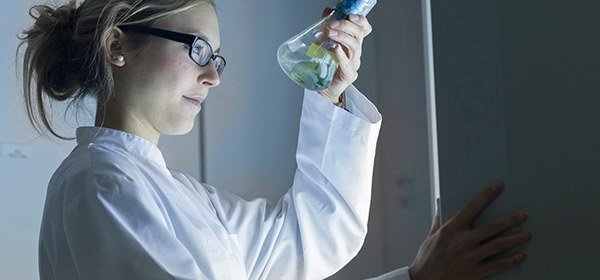15% of the population has fertility problems due to the lifestyle and feeding of the couple
15% of the population in Spain is not fertile, according to the team of the European Medical Institute of Obesity, "and although genetic or hormonal alterations are decisive, numerous studies relate infertility to lifestyle and, of course, with the feeding of the couple ", says the doctor Carolina Pérez, clinical nutritionist of hospitals Quirónsalud Torrevieja and Murcia.
One of the most important foods would be the pulses, protagonists of the World Day of Nutrition that is celebrated on Monday, the 28th, whose consumption they recommend to introduce in the diet for its properties when it comes to improving the chances of a pregnancy. As it explains Rocío Práxedes, nutritionist of the Obesity Unit of Hospital Quirónsalud Valencia, "When it comes to improving our fertility we must maintain a balanced diet that contains nutrients such as proteins, calcium, iodine, phosphorus, magnesium, iron and vitamins C, B1, B2, folic acid, A, D and E, and legumes They provide many of these nutrients. "
As detailed by Dr. Perez, "folic acid, present in green leafy vegetables and legumes is necessary It is to reduce the risk of defects in the neural tube of the fetus (spina bifida), so it is recommended that all women begin to take Folic acid at least one month to three months before you start looking for a pregnancy. Another of the fundamental nutrients would be zinc, an element that plays an essential role in the mobility of the sperm for its arrival to the ovule and very common in foods such as pumpkin seeds or chickpeas ".
Dietary guidelines for pregnancy
Quirónsalud nutrition specialists recommend following the following dietary guidelines to improve the chances of pregnancy:
-
Moderate coffee consumption: Caffeine narrows blood vessels, slowing blood flow to the uterus, which can make it harder for the egg to implant in the uterus.
-
Eliminate tobacco: The components of tobacco affect the maturation process of the ovarian follicles. Women who use tobacco tend to have worse oocyte and embryo quality, chromosomal abnormalities are increased and their menopausal age can be advanced between one and four years.
-
Avoid raw sushi, ceviches, seafood or smoked foods: These foods may contain listeria, bacteria that can cause miscarriages in very early stages of pregnancy.






















